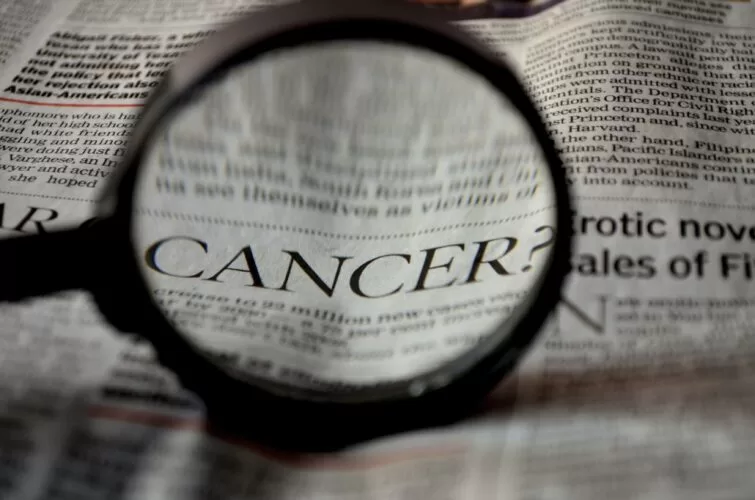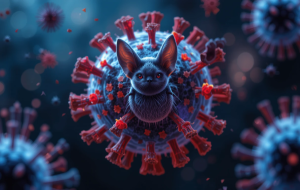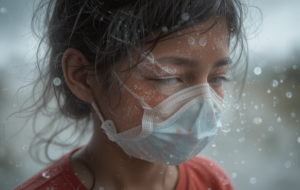Pediatric cancer prevention: Taking steps to protect our children

Fertility Preservation for Cancer Patients: A Comprehensive Guide
Cancer is a leading cause of death among children in the United States, with an estimated 15,780 new cases diagnosed each year. While the causes of childhood cancer are not fully understood, there are a number of factors that can increase a child’s risk of developing the disease.
Reducing exposure to harmful substances
One of the most important things parents can do to reduce their child’s risk of cancer is to limit their exposure to harmful substances. This includes:
- Secondhand smoke: Secondhand smoke is a major risk factor for childhood cancer, particularly leukemia. If you smoke, it is important to quit for the health of your children.
- Radiation: Children should be protected from unnecessary exposure to radiation, such as from X-rays, CT scans, and dental X-rays.
- Environmental pollutants: Some environmental pollutants, such as pesticides and herbicides, have been linked to an increased risk of childhood cancer. Parents can help reduce their child’s exposure to these pollutants by buying organic food, avoiding the use of pesticides in the home, and keeping children away from areas where pesticides have been used.
Promoting healthy lifestyle habits
In addition to reducing exposure to harmful substances, parents can also help reduce their child’s risk of cancer by promoting healthy lifestyle habits. This includes:
- Eating a healthy diet: A healthy diet that is rich in fruits, vegetables, and whole grains can help reduce the risk of many chronic diseases, including cancer.
- Maintaining a healthy weight: Being overweight or obese is a risk factor for several types of cancer, including leukemia, lymphoma, and brain cancer.
- Getting regular exercise: Exercise helps to reduce the risk of cancer by helping to maintain a healthy weight and by boosting the immune system.
Staying up-to-date on vaccinations
Some vaccines can help protect children from cancer-causing viruses. For example, the hepatitis B vaccine can help protect children from liver cancer, and the HPV vaccine can help protect girls from cervical cancer.
Being aware of the signs and symptoms of cancer
Parents should be aware of the signs and symptoms of cancer so that they can seek medical attention if they notice any changes in their child’s health. Some common signs and symptoms of cancer in children include:
- Unexplained weight loss
- Fatigue
- Fever
- Persistent pain
- Swelling or lumps
- Easy bruising or bleeding
- Changes in skin color
- Persistent headaches
- Vision changes
By taking steps to reduce their child’s exposure to harmful substances, promote healthy lifestyle habits, and stay up-to-date on vaccinations, parents can help reduce their child’s risk of cancer.






